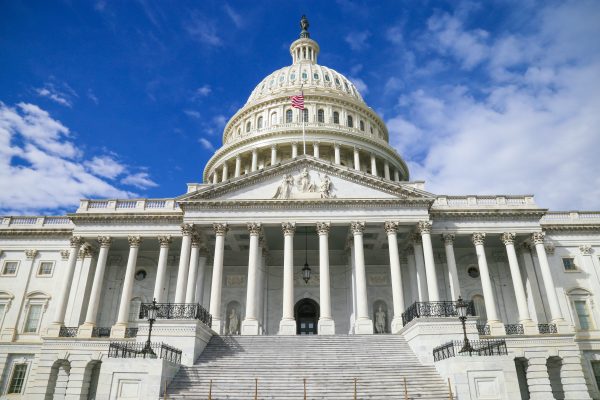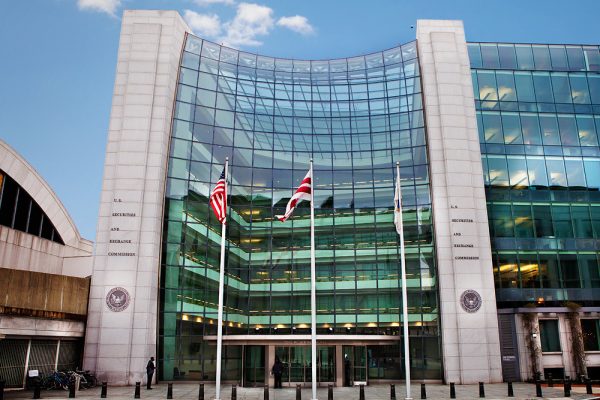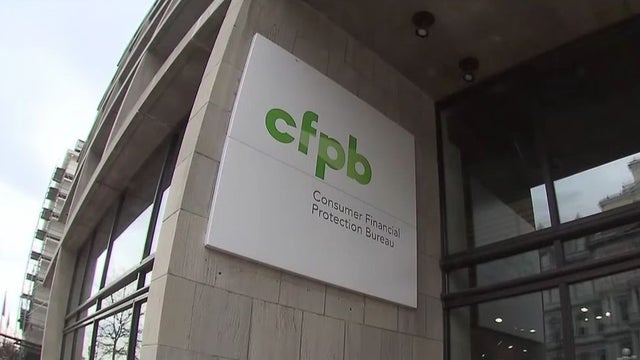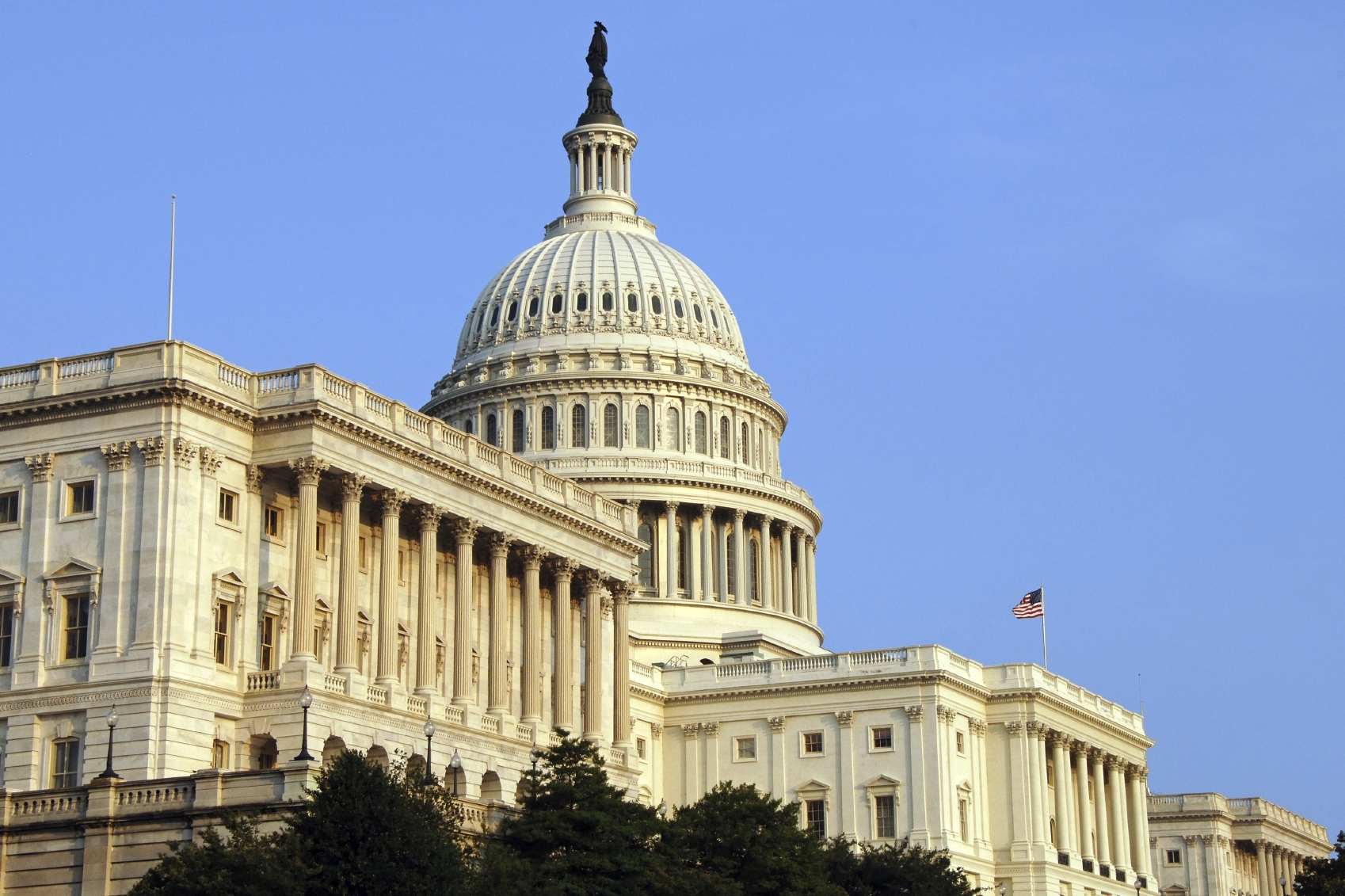Letters to Congress: Letter in Support of the Nomination of Gary Gensler to SEC Chair
40 organizations joined AFR in a sign on letter to Congress strongly supporting the nomination of Gary Gensler as the next SEC chair.

40 organizations joined AFR in a sign on letter to Congress strongly supporting the nomination of Gary Gensler as the next SEC chair.


Wall Street billionaires have escaped paying their fair share of taxes for decades, thanks to laws they themselves have had an outsize influence in shaping. This bill requiring the ultrarich to pay some tax on their wealth, which was too often accumulated through predatory business models that extracted wealth from workers and communities, is an important step forward for economic justice.


AFR Education Fund sent a comment to the SEC supporting the proposed elimination of regulatory exemptions in government securities markets. The letter also calls for the SEC to make further reforms in fixed income markets.


Sen. Warren and Rep. Jayapal’s Ultra-Millionaire Tax Act of 2021 could not be a more timely reminder that the United States needs serious policy changes to address massive wealth and income inequality. Wall Street is the second-largest source of billionaire wealth, after the technology industry. While 8 million Americans slipped into poverty and half a million lives were lost to COVID-19 since the beginning of the pandemic — all with a disproportionately large impact on communities of color — the wealth of U.S. billionaires almost doubled, up $1.3 trillion.


AFREF joined a letter to FHFA on the importance of accurate and reliable appraisals and putting in place safeguards to protect against improper valuations and racial discrimination.




AFR joined a letter to Congress urging them to protect the next round of economic impact payments from assignment and garnishment.


AFR joined a letter to the House of Representatives urging them to cosponsor the Wall Street Tax Act of 2021, H.R. 328. Also called the Financial Tax Transaction Act (FTT), the bill would create significant revenues and reduce risk and volatility, reorienting Wall Street’s focus away from speculation toward long-term investments that support Main Street businesses, employees, and working families.


AFR Education Fund joined a letter to CFPB acting director Dave Uejio that highlighted actions the Bureau can take to address systemic discrimination in the credit markets. The letter outlined issues the Bureau can address immediately and in the long term in line with its focus on racial equity.




AFR has outlined issues around Payment for Order Flow, potential market manipulation by institutional investors, explosive growth in options trading volumes, the increasing gamification of stock trading by retail brokers, and a re-examination of broker capital rules.


Today, Americans for Financial Reform released a record of votes during the 116th Congress regarding consumer protections and Wall Street accountability. During the 116th Congress, the Democratic-led House of Representatives advanced a number of measures to strengthen consumer protections and to put in place enforcement tools to hold bad actors in the financial industry accountable for abusive, discriminatory, and fraudulent practices.